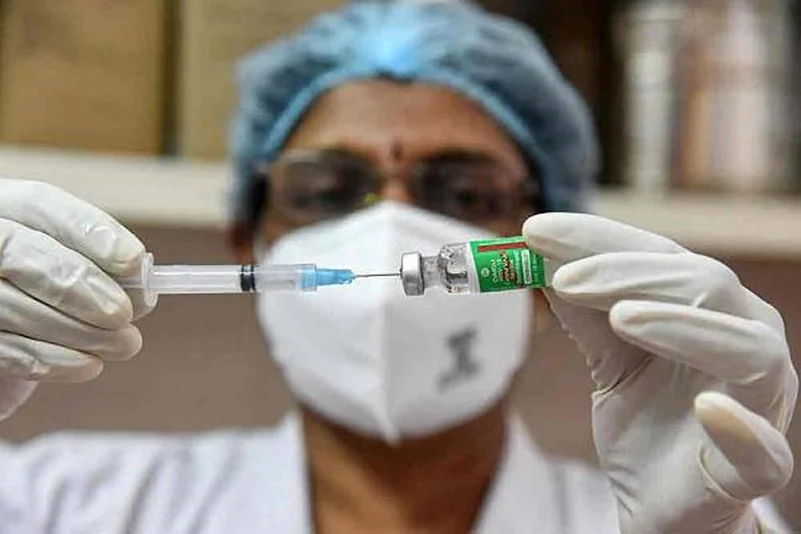According to a review of data from 40 studies representing 17 countries published in The Lancet Global Health, pregnancy outcomes for mothers and babies have worsened during the Covid-19 pandemic. New data analysis has linked coronavirus to increased risk of pregnancy complications including preterm birth and stillbirth, with the risks rising if the infection is severe.
"Clinicians should be aware of these adverse outcomes when managing pregnancies affected by COVID-19 and adopt effective strategies to prevent or reduce risks to patients and fetuses," stated the study published in the Canadian Medical Association Journal.
The risk of mothers dying during pregnancy or childbirth was increased by more than a third compared with before the pandemic.
Data by the Centers for Disease Control and Prevention
Pregnant people with Covid-19 are at an increased risk for severe illness from Covid-19 —including illness that results in ICU admission, mechanical ventilation, and death—compared with non-pregnant people. Additionally, pregnant people with Covid-19 might be at increased risk for other adverse outcomes, such as preterm birth.
Details about the babies born to mothers with Covid:
- Coronavirus is uncommon in babies born to mothers who had Covid during pregnancy.
- Some babies have tested positive shortly after birth. It is unknown if these newborns got the virus before, during, or after birth.
- Most newborns who tested positive had mild or no symptoms and recovered. However, there are a few reports of newborns with severe Covid-19 illness.
How to care for your newborn in the hospital if you are diagnosed with or test positive for Covid:
Current evidence suggests that the risk of a baby getting Covid-19 from their mother is low, especially when the mother takes steps (such as wearing a mask and her washing hands) to prevent spread before and during care of the newborn.
Decide if your newborn is rooming-in with you in the hospital:
Talk to your doctor about the risks and benefits of having your baby stay in the same room with you. Having your newborn stay in the room with you has the benefit of facilitating breastfeeding and mother-newborn bonding. Start this conversation before the baby is born if possible.
Precautions to take:
If you are in isolation for Covid-19 and are sharing a room with your newborn wear a mask within 6 feet of your newborn.
Take the following steps to reduce the risk of spreading the virus to your baby:
- Wash your hands with soap and water for at least 20 seconds before holding or caring for your newborn. If soap and water are not available, use a hand sanitiser with at least 60 per cent alcohol.
- Wear a mask when within 6 feet of your newborn.
- Keep your newborn more than 6 feet away from you as much as possible.
- Discuss with your healthcare provider ways to protect your newborn, such as using a physical barrier (for example, placing the newborn in an incubator) while in the hospital.
Precautions to take after testing negative”
Once your isolation period has ended, you should still wash your hands before caring for your newborn, but you do not need to take other precautions. You most likely will not pass the virus to your newborn or any other close contacts after your isolation period has ended.
















